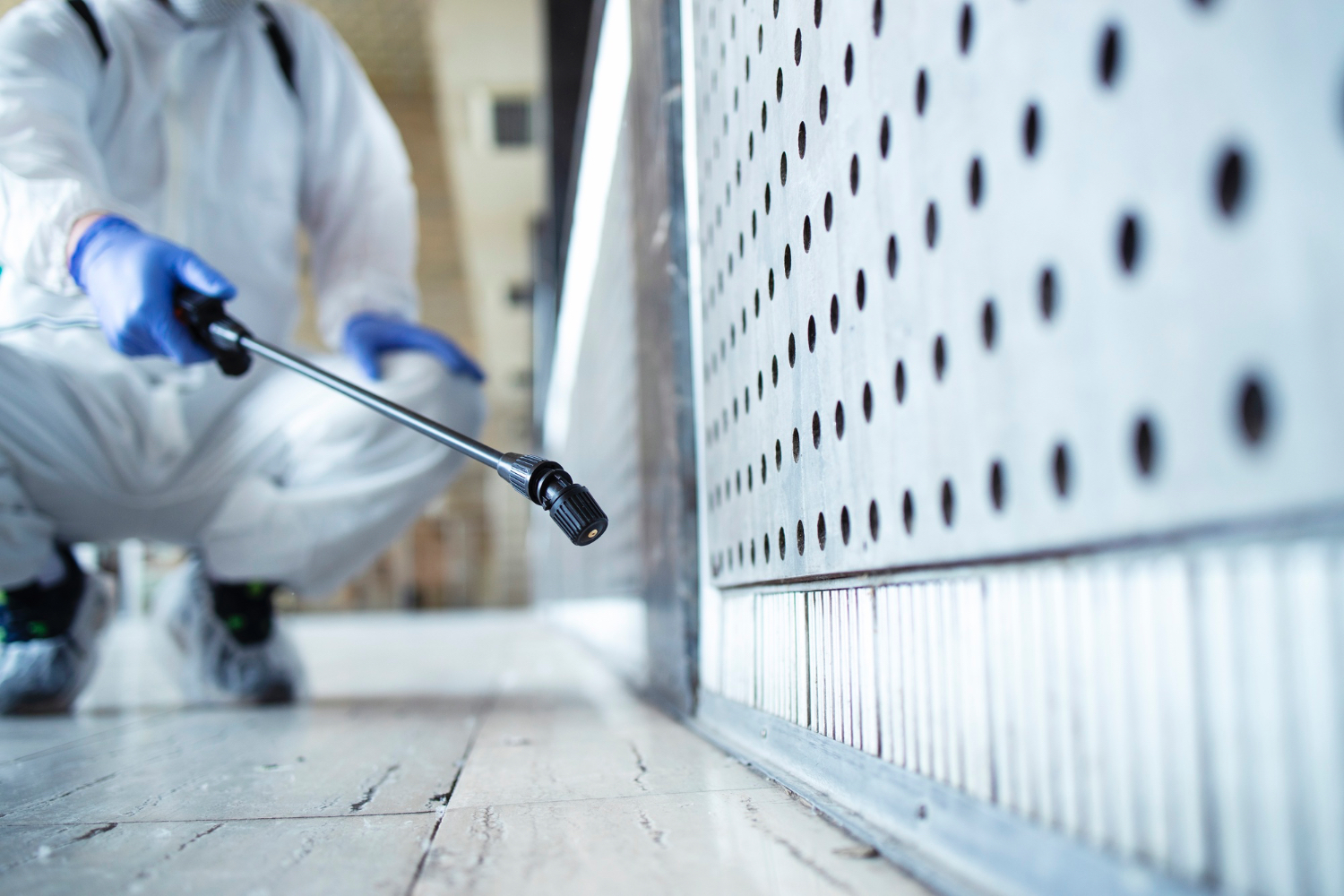
Homeowners typically pay for pest control and lawn services. Tenants may also be liable for this expense if certain pest infestations stem from their carelessness.
Lawn service technicians know how to identify early signs of a pest problem and can prevent these problems from spreading. They use integrated pest control techniques and follow proper application procedures to avoid harming beneficial insects and contaminating water sources.
Table of Contents
Weed Control
Weeds not only compete with grass for water and nutrients, but they can also attract pests and interfere with the healthy development of lawns. Regular weed inspections and prompt removal will minimize weed problems. Mulching garden beds and a proper irrigation system will further suppress weed growth.
We also recommend a pre-emergent weed control treatment, which targets weed seeds and prevents them from growing into plants. This will protect your yard and keep it looking beautiful.
Lawn pests, like beetles, grubs, millipedes, crickets, sod webworms, and fire ants, destroy lush, green lawns by feeding on plants’ roots, leaves, and stems. Lawn services can include insect & pest control services that will help protect your lawn’s health and structure by treating it with multiple insecticide applications throughout the year. In addition, they will implement integrated pest management (IPM), which removes the energy sources, shelters, and desirable habitats of common lawn pests. This reduces the need for harmful, synthetic pesticide sprays and provides long-term protection of your Katy property.
Insect Control
A healthy, well-maintained lawn helps keep pests at bay. Regular mowing, watering and fertilization reduce pest populations and the damage they cause by eliminating their food sources. Keeping the grass low and weeds controlled also removes hiding spots for pests and makes it more difficult for them to get into your home or garden.
A professional lawn care specialist can help you identify signs of insect infestation before they become severe. For instance, termites can destroy your property’s foundation and other structures, and pests like fleas and ticks can transmit diseases to humans and pets.
Integrated pest control techniques, including preventive treatments, can provide long-term protection against insects and their damaging effects. These methods reduce the need for chemical applications and work best when implemented with other yard maintenance practices. For example, mowing, fertilizing and mulching together are more effective than a single treatment. Lawn spraying services can recommend the best integrated pest control strategy for your Katy, Texas, home or garden.
Lawn Fertilizing
Lawn treatments like power raking, mowing, lawn aeration, and de-thatching are necessary for healthy grass less vulnerable to disease, bugs, and environmental stressors. However, with regular fertilization services, grass becomes thin and strong, making it more susceptible to attack.
Lawn fertilization helps a lawn withstand summer heat and harsh winters and thrive year after year. It also makes it more resistant to weeds. Many homeowners assume fertilizing is as simple as sprinkling store-bought fertilizer on their yard at random times, but choosing the right fertilizer for your lawn and applying it at strategically specified intervals is more complicated than that.
Integrated Pest Management (IPM) involves manual, mechanical and biological steps to control threatening species while using chemical controls only when other options fail or when it’s necessary to maximize power. Earth Development practices IPM, which allows us to safely and effectively protect your property from pesky ticks, fleas and mosquitoes while minimizing the use of harmful chemicals.
Pest Control
Pests are a major issue with any lawn and can cause much damage. They can also carry diseases such as fleas and ticks that can harm pets and humans. Lawn pest control services can protect you from these unwanted visitors.
Regular inspections by a trained service professional can help you detect signs of pest activity, such as holes in the lawn and unexplained changes in plant health. Your service professional will address these problems before they get out of hand.
Using a variety of cultural controls, such as mulching, can reduce the need for pesticide products. Some cultural techniques can even promote healthy lawns more resistant to pest infestation. Examples include planting pest-resistant turf varieties and practicing sound mowing, irrigation and fertilization. In addition, installing bird feeders and releasing beneficial insects can help control pest populations. These methods are known as integrated pest management (IPM).